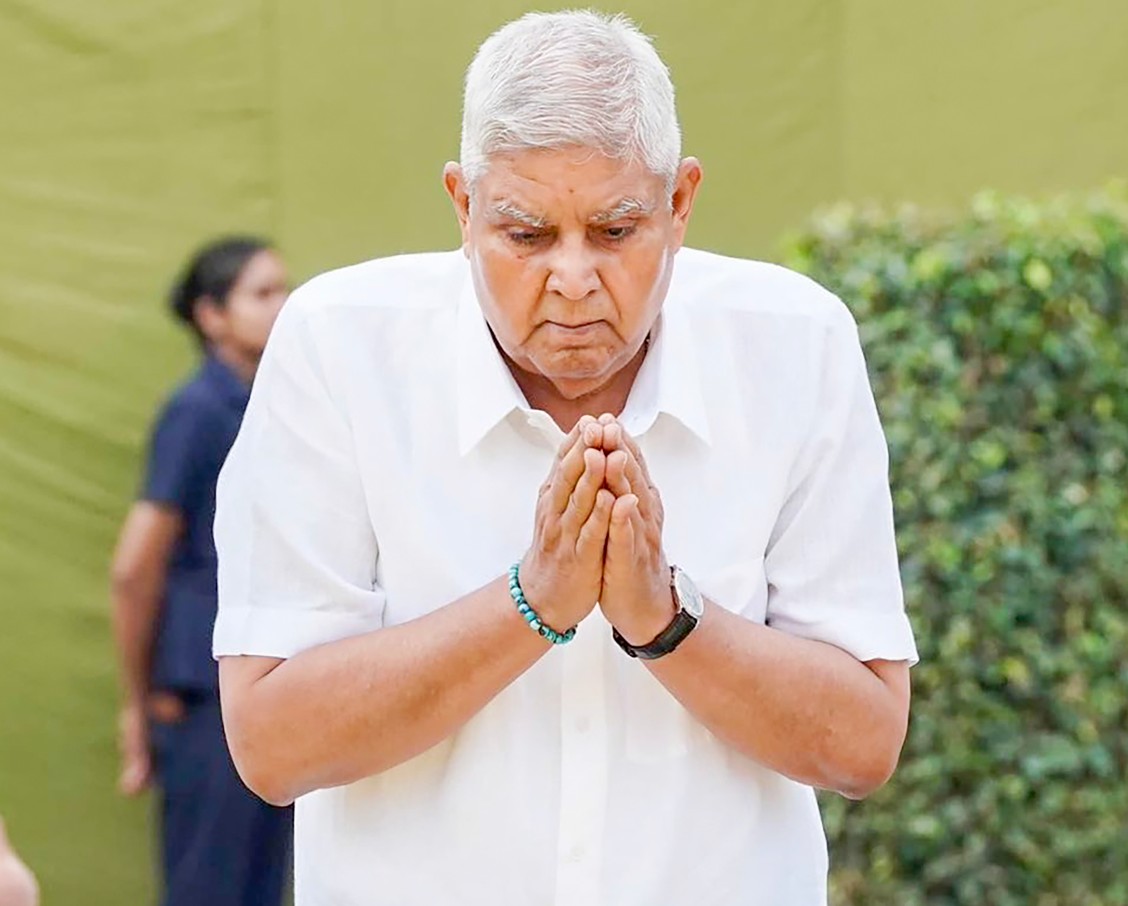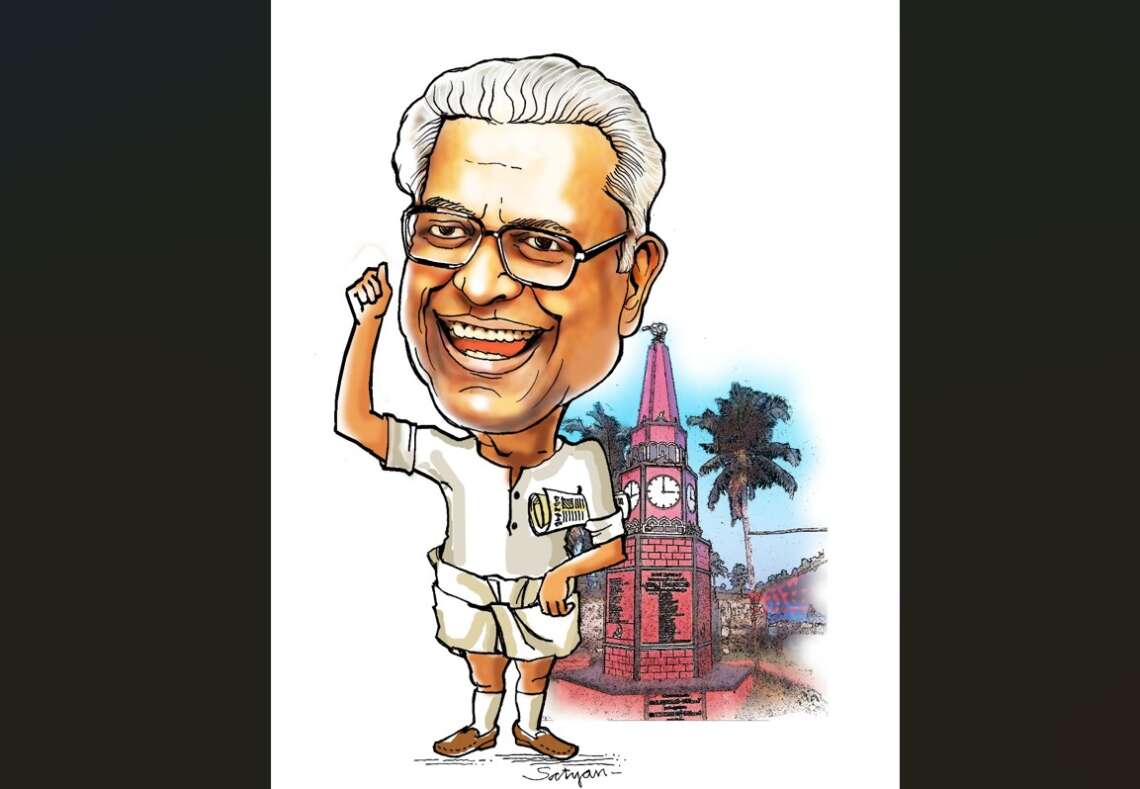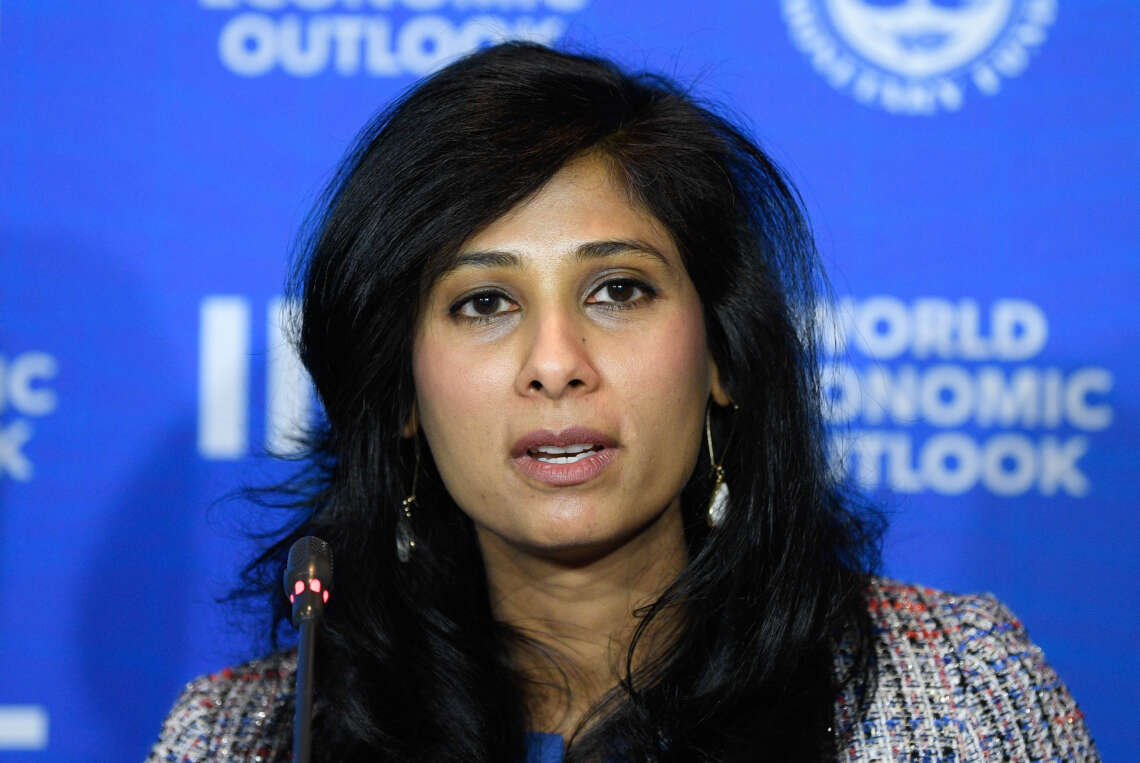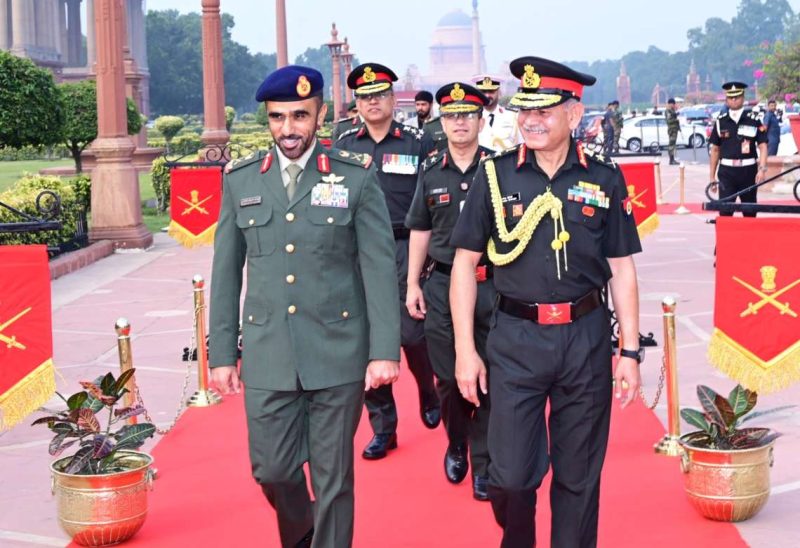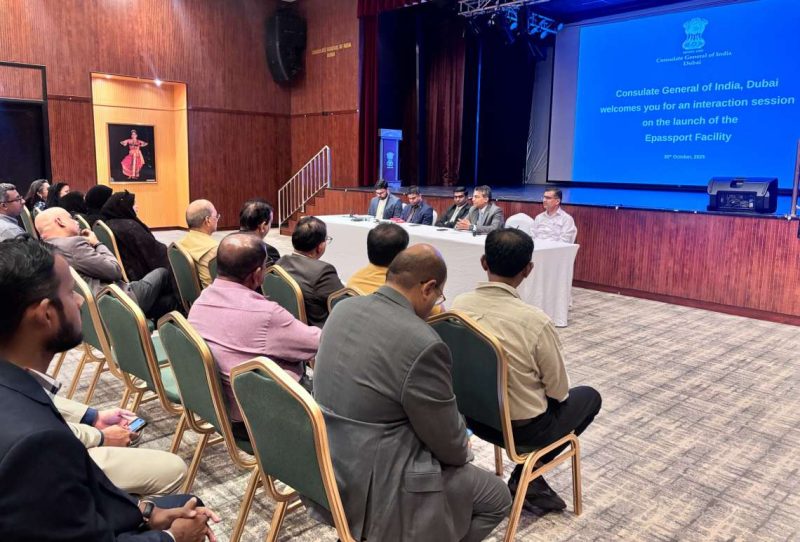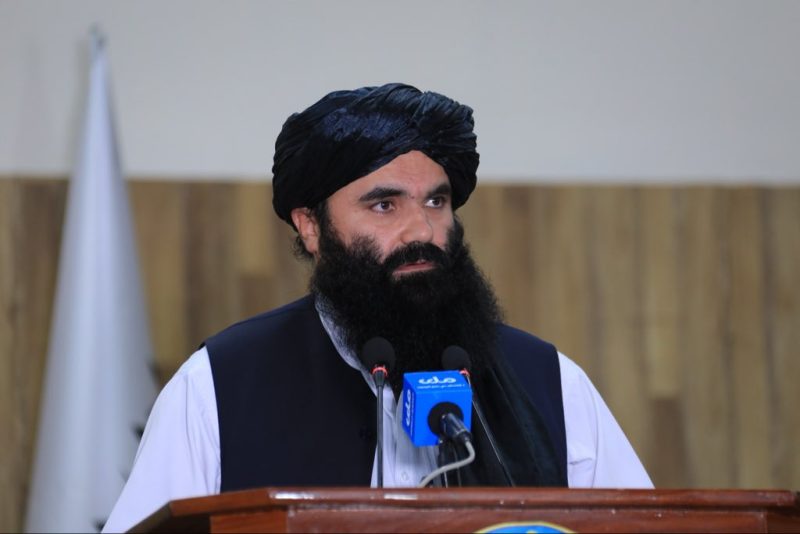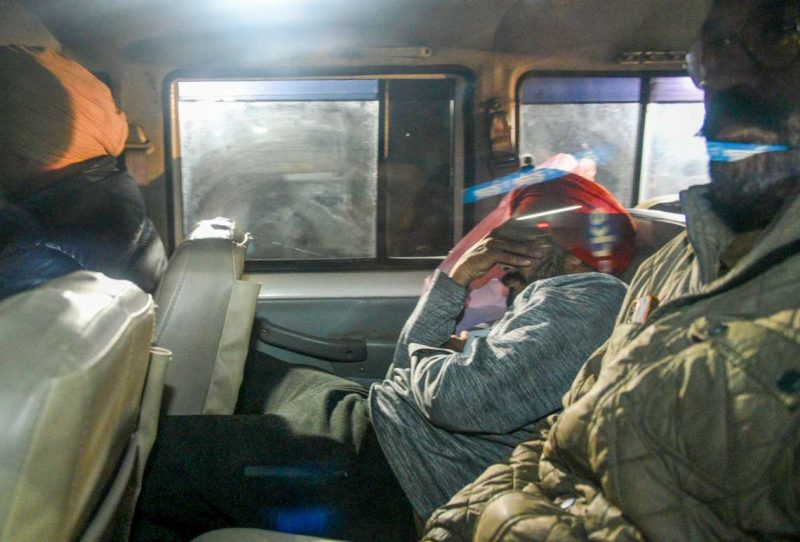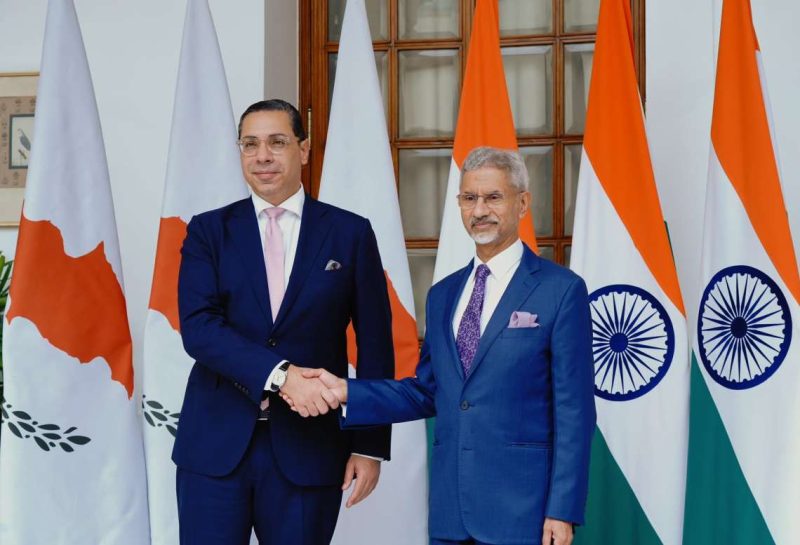Citing health-related concerns, Dhankhar’s resignation, with two years still remaining in his tenure, has taken the political establishment by surprise and triggered a fresh constitutional process to elect his successor.
Jagdeep Dhankhar, the 14th Vice President of India, resigned from office on Monday, becoming the first person in the country’s history to voluntarily step down from the post before completing his five-year term. Citing health-related concerns, Dhankhar’s resignation, with two years still remaining in his tenure, has taken the political establishment by surprise and triggered a fresh constitutional process to elect his successor.
In a letter addressed to President Droupadi Murmu, Dhankhar invoked Article 67(a) of the Constitution, which allows the Vice President to resign from office by submitting a written notice. The resignation takes effect immediately.
“This decision has been taken to prioritise health care and abide by medical advice,” he stated, thanking the President, Prime Minister Narendra Modi, members of Parliament, and the Indian public for their support and affection during his tenure.
Sources close to the Vice President’s office confirmed that Dhankhar, 73, had been dealing with ongoing health issues for the past year and was hospitalised multiple times, most recently in Nainital. While the exact nature of his illness has not been made public, insiders say doctors had advised him to avoid long working hours and travel.
Jagdeep Dhankhar, often referred to as a “Kisan Putra” or son of the soil, rose from humble beginnings in Rajasthan to hold some of the nation’s highest constitutional offices. After graduating with a law degree from the University of Rajasthan, he went on to become a prominent advocate and Senior Counsel at the Rajasthan High Court and later in the Supreme Court.
His political journey began in 1989 when he was elected to the Lok Sabha on a Janata Dal ticket from Jhunjhunu. He later served as Minister of State for Parliamentary Affairs in the short-lived Chandra Shekhar government (1990–1991). Dhankhar also served a term as an MLA from Kishangarh in the Rajasthan Assembly before returning to legal practice.
He was appointed Governor of West Bengal in 2019, where his relationship with the Mamata Banerjee-led Trinamool Congress government was often marked by sharp public confrontations over constitutional propriety.
In July 2022, the BJP-led National Democratic Alliance (NDA) named Dhankhar its Vice-Presidential candidate. He went on to secure a record victory in the August 6 election, defeating opposition nominee Margaret Alva with 528 votes to her 182 — the largest margin in a Vice-Presidential race since 1992. Notably, the Trinamool Congress abstained from voting.
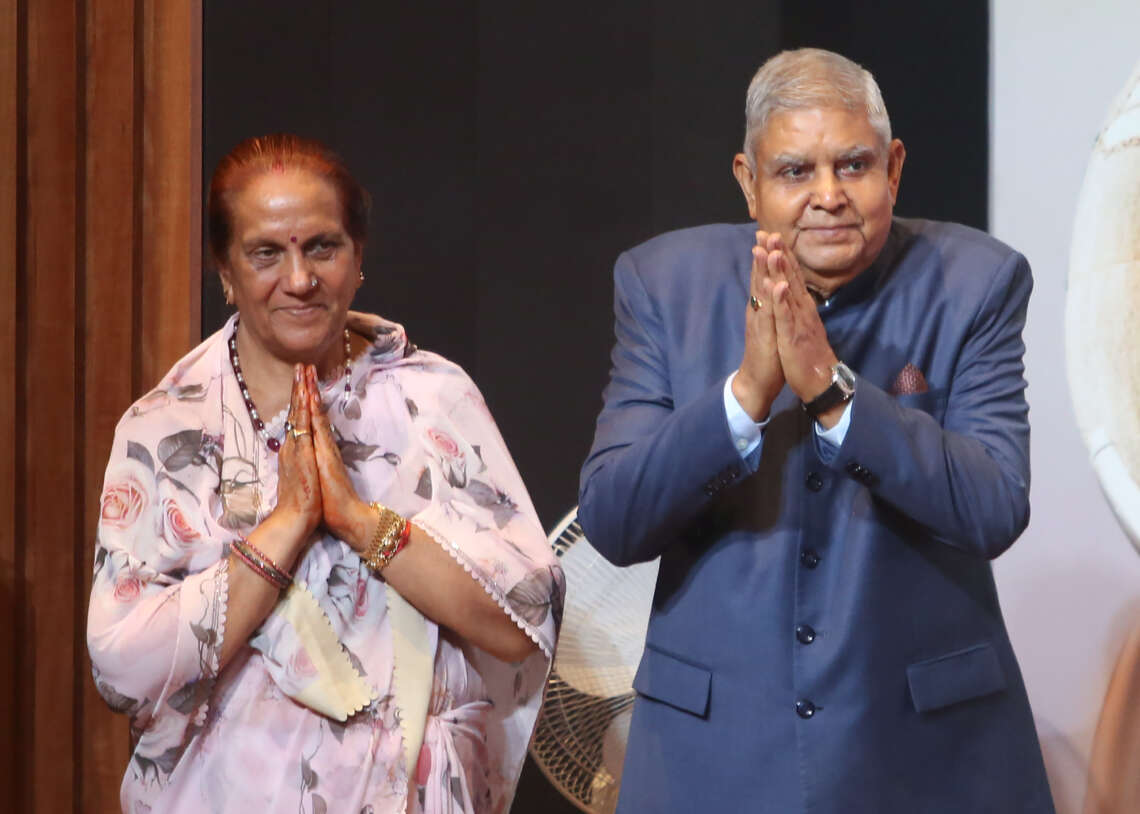
As Vice President, Dhankhar also served as Chairman of the Rajya Sabha, where he presided over intense debates and crucial legislative sessions, including during the recent uproar over economic policy, farmers’ issues, and the Uniform Civil Code. His legal acumen and familiarity with constitutional law helped shape the functioning of the upper house during a politically volatile period.
His departure now leaves a key constitutional office vacant. According to constitutional experts, the election of the next Vice President is expected to take place soon, with Parliament’s Monsoon Session in progress and the ruling alliance likely to move quickly to name a successor.
In his resignation letter, Dhankhar noted the “remarkable economic progress” India has made during his time in office and expressed “unwavering confidence in Bharat’s brilliant future.”
Political observers expect the NDA to name a candidate with a legal background and parliamentary experience, similar to Dhankhar, to continue the legacy of strong procedural leadership in the Rajya Sabha.


